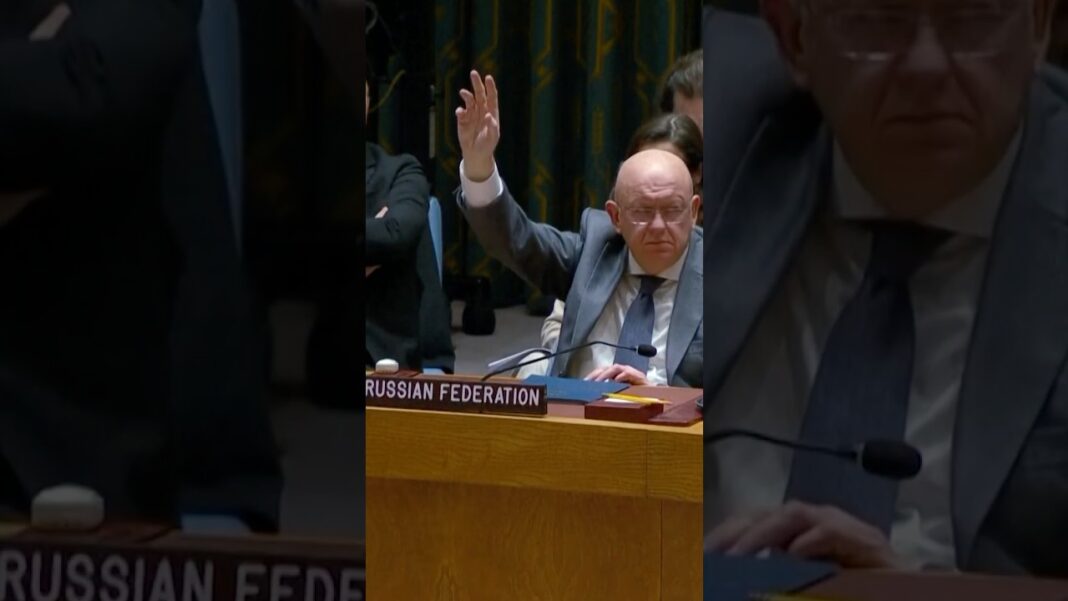We are all owed a better explanation from the FBI and Secret Service about the attempted assassination of Donald Trump 16 months ago at a campaign rally in Butler, Pa.
The president himself remains unsatisfied with the answers he’s been given about the circumstances leading to 20-year-old Thomas Crooks climbing on a rooftop with an AR-15-style rifle and firing eight times at Trump, narrowly missing his head but hitting his ear.
Crooks was shot dead by a Secret Service sniper, but not before he killed rallygoer Corey Comperatore, 50, and seriously wounded David Dutch, 58, and James Copenhaver, 75, who were sitting in the bleachers behind Trump.
There is something very wrong with the official story and that invites conspiracy theories.
The president demanded answers months ago. A man was murdered. What is going on?
Then-FBI Director Chris Wray told Congress after the July 13, 2024, attack that the bureau had found nothing in Crooks’ online history that pointed to a motive or political ideology.
A week later, Wray’s deputy Paul Abbate told Congress that comments posted on one of Crooks’ social media accounts “appear to reflect antisemitic and anti-immigration themes to espouse political violence and are described as extreme in nature.”
Thanks to an enterprising source who uncovered Crooks’ hidden digital footprint, we can see that Abbate misled Congress by omission, because he left out an entire section of Crooks’ online interactions from January to August 2020 when he did an ideological backflip and went from rabidly pro-Trump to rabidly anti-Trump and then went dark, never seeming to post again.
Among the 17 accounts uncovered by our source were ones on YouTube, Snapchat, Venmo, Zelle, GroupMe, Discord, Google Play, Quizlet, Chess.com and Quora.
The online interactions from when Crooks was ages 15 to 17 give us a better understanding of his evolution into an assassin, and invite more questions about what — or who — reversed his ideology.
“The danger Crooks posed was visible for years in public online spaces,” says the source. “His radicalization, violent rhetoric and obsession with political violence were all documented under his real name. The threat wasn’t hidden.”
The official narrative claimed he acted alone and without a clear motive, ideology or digital footprint.
Yet the source found reams of information that shows Crooks “was not simply some unknowable lone actor … He left a digital trail of violent threats, extremist ideology and admiration for mass violence. He spoke openly of political assassination, posted under his real name and was even flagged by other users who mentioned law enforcement in their replies. Despite this, his account remained active for more than five years — and was only removed the day after the shooting.
“None of this online activity was referenced in the final congressional report released in December 2024, making this even more troubling,” the source said.







